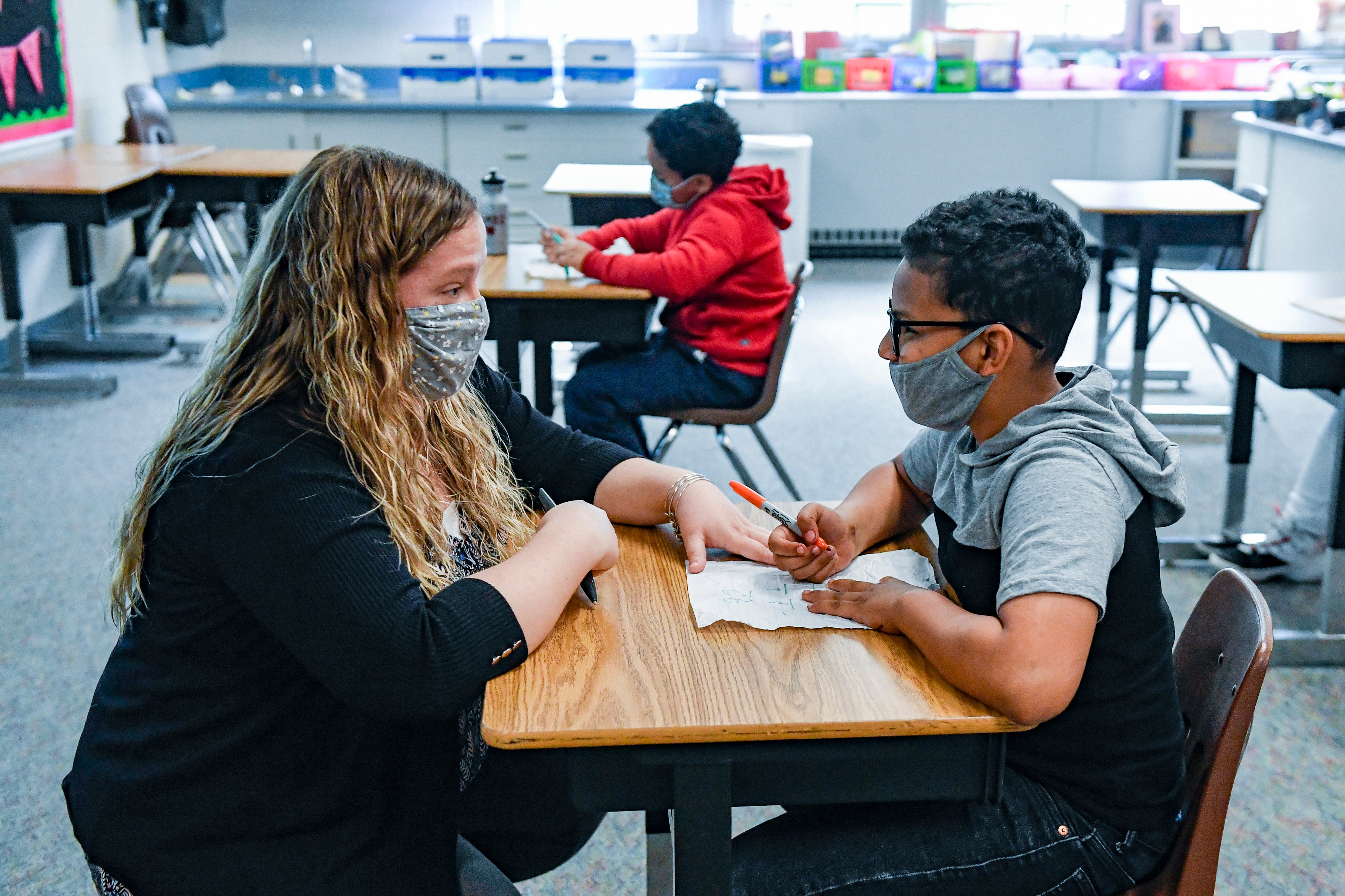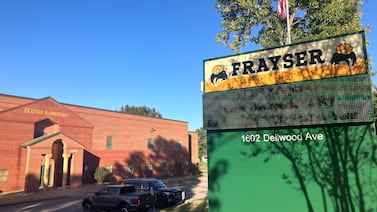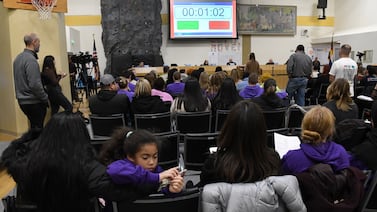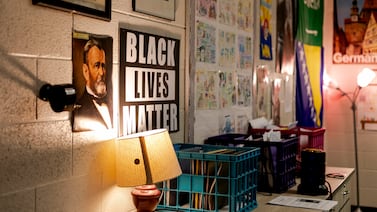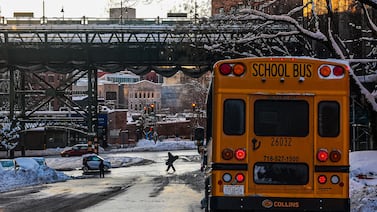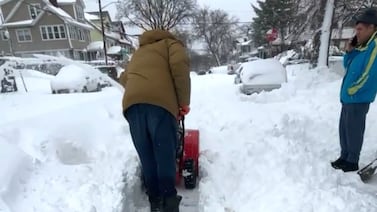After a review of district records, policies, classroom visits, and interviews with child study team members and administration, the New Jersey Department of Education found that Newark Public Schools failed to meet six federal responsibilities for students with disabilities. The state has ordered the district to take corrective action by November.
The state’s corrective action plan, released last Thursday by the district, found problems with reporting in education plans, notifying parents of meetings, and missing meetings with parents and students with disabilities as part of responsibilities mandated under the Individuals with Disabilities Act (IDEA).
The findings are a fraction of the issues district leaders continue to face after the pandemic as they relate to students with disabilities. Previously, the district was cited in 2019 for failing to meet key mandates related to education plans for students with disabilities.
The district did not respond to a request to comment on the state’s latest report or corrective action plan.
In February 2021, the state department of education visited the district to monitor the implementation and use of federal funds for IDEA and Every Student Succeeds Act (ESSA) programs. The goal was to determine whether the funds were spent in accordance with the program requirements, federal and state law, and applicable regulations, according to the April 21 NJDOE Collaborative Monitoring Report.
The state’s corrective action plan issued to NPS in June found that Newark is falling short on reporting requirements for “individualized education programs,” or IEPs. The plans, which schools are legally required to produce for students with disabilities, detail what classrooms students will be taught in and what services they must receive.
The report also found flaws when considering student placement in the least restrictive environments. Under federal law, a student is placed in a more restrictive learning setting when the district agrees that the student needs a different placement for their learning.
The corrective action plan states that the district did not note the consideration of placement in the least restrictive environment on IEPs of students who are removed from general education classrooms for even part of the day. NPS must also conduct training for the child study team that writes education plans and revise IEPs that were found to be non-compliant.
State monitors also found that the district did not consistently provide parents of students with disabilities proper notice of a meeting for identification, eligibility, reevaluation planning, and determination of continued eligibility after their reevaluation.
Similarly, the district failed to provide notice of graduation and a summary of academic achievement and functional performance to students eligible for services before their graduation. The state also found that the district did not “consistently convene meetings” for NPS students with disabilities and their families.
The report calls on the district to address issues with child study team members who “did not consistently participate” in conferences with parents and students to help students move out from early intervention.
The district also failed to consistently complete all components of a functional assessment, which is part of the initial process for developing IEPs for students. The initial evaluation reports of some students did not include observations in non-testing settings, which allows staff to fully identify support services for them.
The district is required to develop an “oversight mechanism” to fix its compliance with all of the missed requirements and provide training to child study team members on the issues by Nov. 1, per the state’s corrective action plan.
The findings are just a fraction of the long list of issues related to services for students with disabilities in Newark, according to an NPS employee who prefers to remain anonymous for fear of retaliation. They added that NPS has a history of “being dysfunctional,” specifically when it comes to providing services and oversight for students with disabilities.
“I’ve seen a lot of what’s been going on for a long time that’s not so great,” said the employee, who has knowledge of requirements for students with disabilities in the district.
The employee said the state’s report touches on the procedural issues within the district such as how an IEP is written or how the district communicates with parents, but there are still issues with the implementation of the recommended support service for students with disabilities.
In 2019, the state also ordered Newark to take corrective action after finding that the city’s public schools failed to meet four key mandates related to education plans for students with disabilities, including explanations of services in IEPs. In that same year, Superintendent Roger León made a promise to fix the city’s programs for students with disabilities.
This year, the district plans on allocating more resources for those programs. During last year’s budget hearing, León said the district would partner with local organizations such as Rutgers ABA Center and STAR Autism to provide more services.
Having trouble viewing this survey? Go here.
Jessie Gomez is a reporter for Chalkbeat Newark, covering public education in the city. Contact Jessie at jgomez@chalkbeat.org

